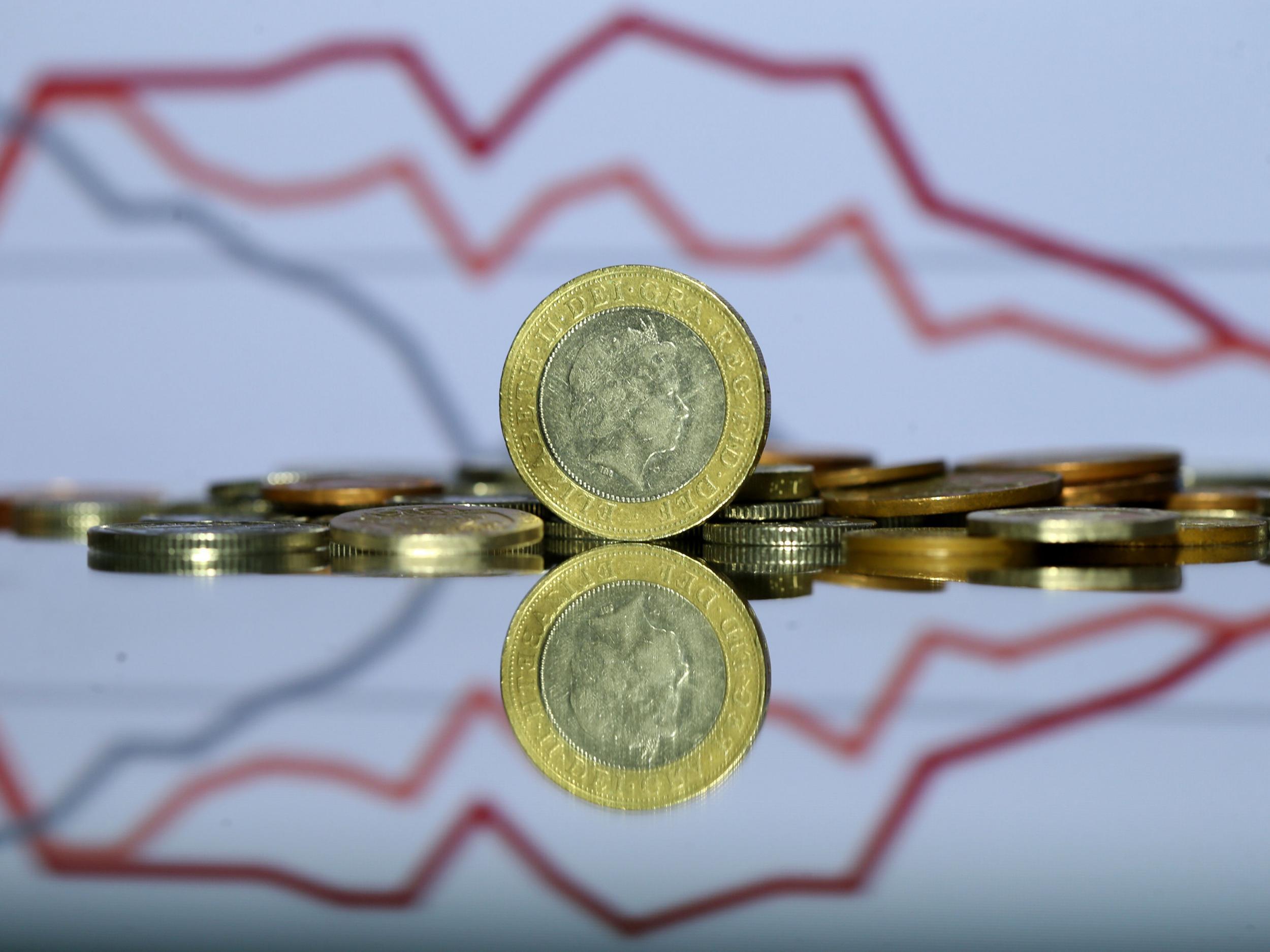Pound sterling hits 14-month high but rally could prove short-lived, say experts
‘Our long-term view remains bearish,’ economists at UniCredit wrote in a note

The pound topped $1.36 against the dollar for the first time in well over a year on Friday, emboldened by a strong hint from the Bank of England that it will raise interest rates sooner than previously expected. But some experts warned that the rally could prove short-lived.
The Bank of England published its latest decision on interest rates on Thursday. Although the committee – like last month – voted seven to two against it, the minutes from the meeting showed that the Bank was preparing for its first move higher in over a decade in the “coming months”, which caused the currency to shoot up.
Higher interest rates generally tend to support currencies. On Friday afternoon, sterling was trading comfortably above $1.35, having earlier broken the $1.36 mark for the first time since June last year, and around €1.135 against the euro.
The rally in the pound was further fuelled on Friday by comments from monetary policy committee member Gertjan Vlieghe.
“The evolution of the data is increasingly suggesting that we are approaching the moment when [the] bank rate may need to rise,” he said, having previously indicated that he thought it would be premature to act.
As of Friday afternoon, the pound had enjoyed its best week since February 2009. It has only enjoyed a handful of bigger weekly rises in the past 40 years.
Over the longer term, however, many strategists still think that the currency will struggle to sustain its upward trajectory as a result of ongoing uncertainty around Brexit.
Economist at UniCredit wrote in a note that they have a “short-term upside bias for sterling” against the US dollar and – to a lesser extent – against the euro. “Our long-term view, however, remains bearish,” they said.
“First, despite the increasing odds of a BoE rate hike, we think the BoE would make a policy mistake by hiking in the current uncertain environment.
“If the BoE recognises this and leaves interest rates at current levels, this would lead to a reversal of the recent rally in [sterling],” they wrote.
“Second, even if the BoE tightens monetary policy, this does not justify any sustainable sterling appreciation, in our view. Most of the weakening of sterling since the referendum result has been due to the significant risks related to Brexit. This risk premium is irrespective of the level of rates,” they added.
Strategists at Societe Generale agreed. “Sterling has rallied strongly in recent weeks, as the market prices in a BoE rate hike in the first quarter of 2018,” they wrote in a research note. “But it is not sustainable, in our view.”
Subscribe to Independent Premium to bookmark this article
Want to bookmark your favourite articles and stories to read or reference later? Start your Independent Premium subscription today.

Join our commenting forum
Join thought-provoking conversations, follow other Independent readers and see their replies